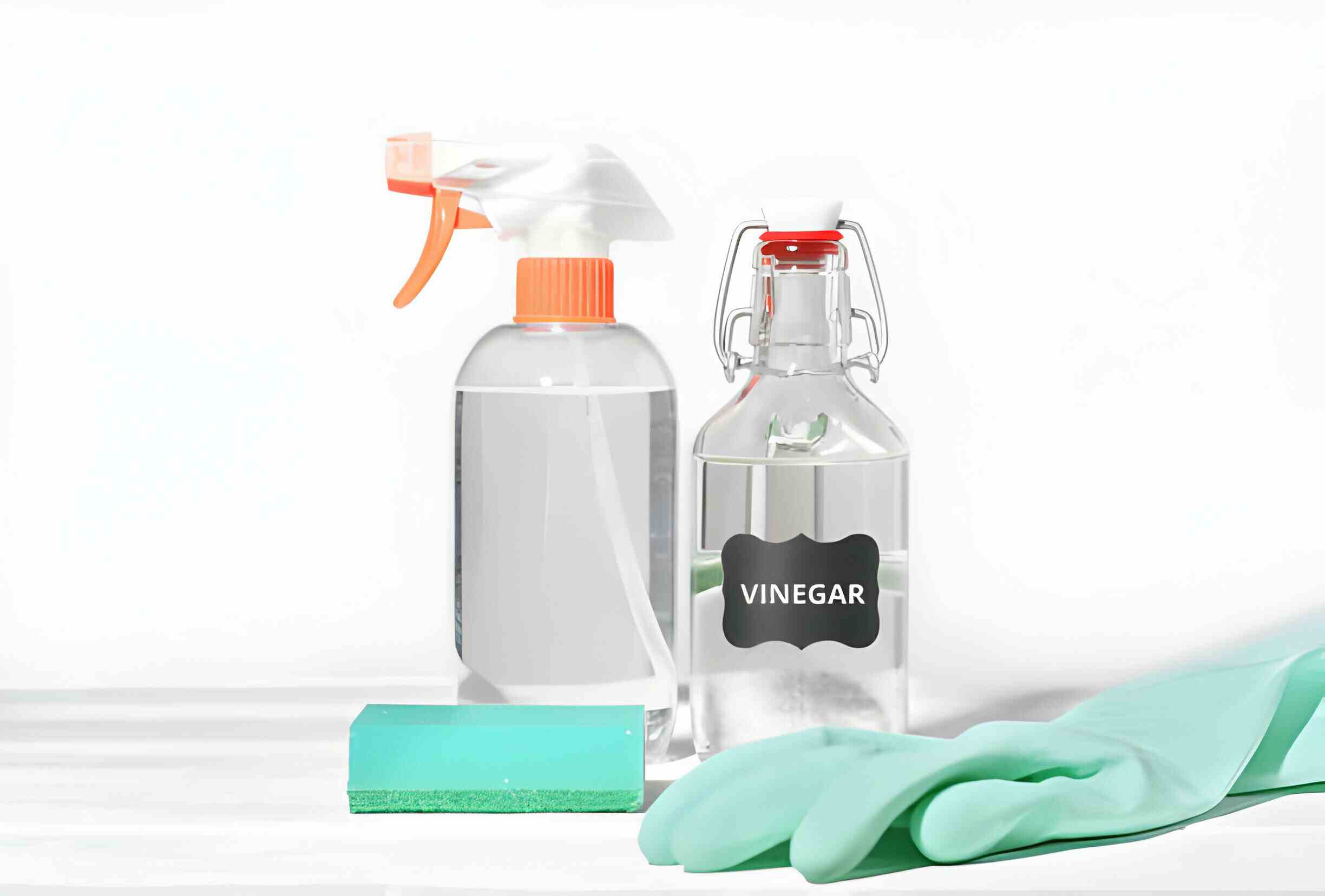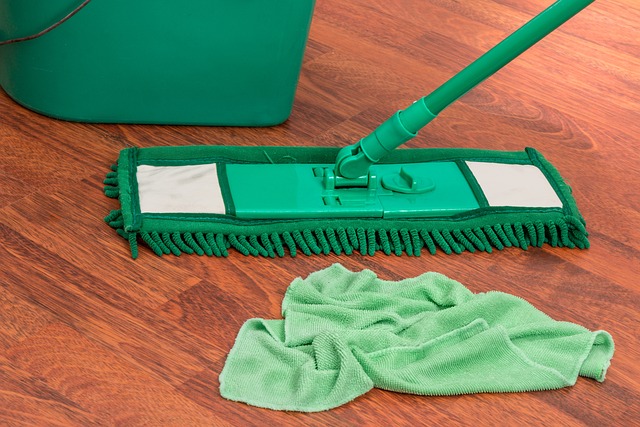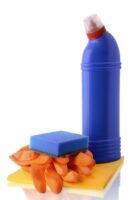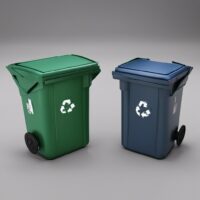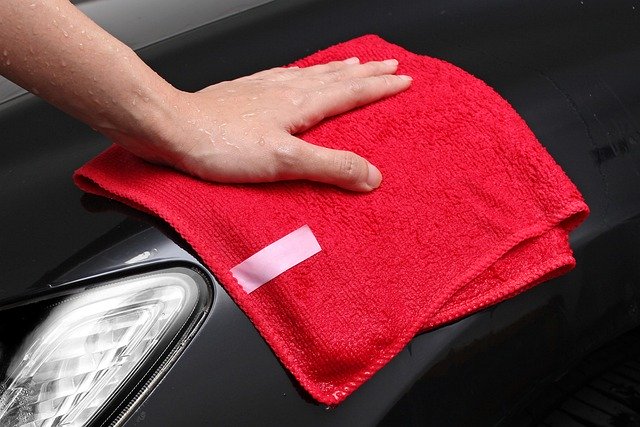Cleaning is an essential part of maintaining a healthy and comfortable living space, and many household cleaners contain harsh chemicals that can be harmful to both your health and the environment. As a result, more people are turning to natural alternatives, and one popular option is vinegar. In this article, we will delve into the 10 pros and cons of using vinegar for cleaning your home, providing you with a detailed understanding of this versatile household staple.
Vinegar, a product of fermented ethanol, has been used for centuries for various purposes, including cooking, preserving, and yes, cleaning. Its acidic nature gives it unique properties that make it effective for breaking down stains, cutting through grease, and eliminating odors. Not all vinegars are created equal. The most commonly used for cleaning are white vinegar (made from fermented grain alcohol) and apple cider vinegar (produced from fermented apple juice). Each type has its own set of properties and uses. Vinegar’s acidity makes it a formidable cleaner. It can dissolve mineral deposits, cut through grime, and eliminate bacteria and germs. Its versatility allows it to be used in various areas of your home.
One of the significant advantages of vinegar is its eco-friendliness. Unlike many commercial cleaners that contain harsh chemicals, vinegar is a natural and biodegradable option. Additionally, it’s cost-effective, making it an attractive choice for budget-conscious individuals. While vinegar is generally safe, there are precautions to take. Avoid using it on natural stone surfaces like granite or marble, as its acidity can damage these materials. Also, refrain from mixing vinegar with bleach, as this combination produces toxic chlorine gas.
Common Household Uses of Vinegar
Vinegar is a versatile cleaner with numerous applications:
- Kitchen Surfaces: Wipe down countertops and appliances to eliminate grease and bacteria.
- Glass and Mirrors: Mix vinegar with water for streak-free shine.
- Deodorizing: Combat household odors by leaving a bowl of vinegar in a room.
- Laundry: Brighten whites and eliminate odors by adding vinegar to your laundry.
The Pros of Using Vinegar for Cleaning
1.1. Environmentally Friendly:
One of the standout benefits of using vinegar as a cleaning agent is its eco-friendly nature. Unlike commercial cleaners that often contain harmful chemicals, vinegar is a natural substance that poses minimal risk to the environment.
1.2. Cost-Effective:
Vinegar is a budget-friendly alternative to many commercial cleaning products. With a bottle of vinegar and a few basic ingredients like baking soda, you can create powerful cleaning solutions at a fraction of the cost of store-bought cleaners.
1.3. Antibacterial Properties:
Vinegar possesses antibacterial properties that can help kill germs and bacteria on various surfaces. This makes it an excellent choice for disinfecting kitchen countertops, bathroom surfaces, and other high-touch areas in your home.
1.4. Odor Elimination:
Forget masking odors with artificial fragrances. Vinegar has a natural ability to neutralize and eliminate unpleasant smells, leaving your home with a fresh and clean scent.
1.5. Stain Removal:
Vinegar is a powerful stain remover, especially when it comes to fabrics and carpets. It can effectively lift and break down stains, making it a valuable asset in your cleaning arsenal.
1.6. Multipurpose Cleaner:
Versatility is a key advantage of using vinegar. From windows to floors, kitchen appliances to bathroom fixtures, vinegar can be used on a wide range of surfaces, simplifying your cleaning routine.
1.7. Non-Toxic:
Unlike some commercial cleaners that may contain harmful chemicals, vinegar is non-toxic and safe for use in homes with children and pets. It provides peace of mind while keeping your living spaces clean.
1.8. Grease Cutter:
The acidic nature of vinegar makes it an excellent grease cutter. Whether it’s kitchen grease or buildup on appliances, vinegar can help break down and remove stubborn grease with ease.
1.9. Scale and Mineral Deposit Removal:
Dealing with limescale or mineral deposits in your bathroom or kitchen? Vinegar’s acidic properties work wonders in dissolving and eliminating these pesky buildups, restoring surfaces to their original shine.
1.10. Easily Accessible:
Vinegar is a common household item, readily available in most grocery stores. Its accessibility adds to its appeal as a go-to cleaning solution.
The Cons of Using Vinegar for Cleaning
2.1. Pungent Odor:
While vinegar effectively eliminates odors, its own smell can be overpowering for some. The initial pungent odor dissipates as it dries, but it’s a factor to consider, especially if you’re sensitive to strong scents.
2.2. Not Suitable for All Surfaces:
The acidic nature of vinegar makes it unsuitable for certain surfaces like marble and granite. It can cause etching and damage over time, so it’s crucial to be mindful of where you use it.
2.3. Limited Disinfectant Power:
While vinegar has antibacterial properties, it may not be as powerful as some commercial disinfectants. In situations requiring a higher level of disinfection, additional measures may be necessary.
2.4. Potential Staining on Fabrics:
While vinegar is excellent at stain removal, it’s essential to test it on a small, inconspicuous area before using it on fabrics. In some cases, it may cause discoloration.
2.5. Strong Acetic Acid Smell:
Vinegar’s acetic acid content gives it its cleaning power, but the strong smell can be off-putting for some individuals. Proper ventilation is recommended when using vinegar for cleaning.
2.6. Limited Deodorizing Power:
While vinegar can neutralize many odors, it may not completely eliminate all smells. In some cases, a more specialized deodorizing agent may be required.
2.7. Ineffectiveness Against Certain Stains:
While vinegar works wonders on many stains, it may not be as effective against certain types, such as ink or rust stains. Alternative stain removers may be necessary in these cases.
2.8. Potential Allergies:
Some individuals may be allergic to vinegar or may experience skin irritation when using it. It’s advisable to perform a patch test before extensive use.
2.9. Temporary Discoloration on Wood:
When used on certain types of wood, vinegar may cause temporary discoloration. Always check compatibility before using vinegar on wood surfaces.
2.10. Slow Mold Growth Prevention:
While vinegar can inhibit mold growth, it may not be as effective as specialized mold prevention products in high-moisture areas. Regular cleaning and ventilation are still crucial.
Everything You Need to Know About Using Vinegar for Cleaning Your Home
Types of Vinegar
Not all vinegars are created equal. White distilled vinegar is a popular choice for cleaning due to its clear color and high acidity. However, apple cider vinegar and red wine vinegar also have cleaning properties.
Dilution Ratios
To avoid potential damage, always dilute vinegar with water before use. Common ratios include a 1:1 mix for general cleaning and a 2:1 mix (water to vinegar) for tougher stains and surfaces.
Application Methods
Vinegar can be applied using spray bottles for larger areas, or you can use a cloth or sponge for targeted cleaning. For fabrics, a diluted solution can be sprayed or applied with a cloth.
Storage
Store vinegar in a cool, dark place to maintain its potency. Avoid storing it in metal containers, as the acidity can corrode certain metals.
Caution on Certain Surfaces
Exercise caution when using vinegar on surfaces like granite, marble, or hardwood. Always test a small, inconspicuous area first to ensure compatibility.
Combining with Other Ingredients
Enhance vinegar’s cleaning power by combining it with baking soda for a fizzy reaction that tackles stubborn stains. Lemon peels or essential oils can be added for a pleasant scent.
Safety Precautions
While vinegar is generally safe, it’s essential to take precautions. Use gloves if you have sensitive skin, and ensure proper ventilation in the areas you’re cleaning.
Alternatives for Specific Cleaning Needs
Recognize that vinegar may not be the ultimate solution for all cleaning tasks. Explore alternative methods or specialized products for specific cleaning needs.
Regular Maintenance
Incorporate vinegar into your regular cleaning routine for maintenance rather than relying solely on it for deep cleaning. Consistency is key to a consistently clean home.
Experiment and Discover
Every home is unique, and cleaning needs vary. Feel free to experiment with vinegar solutions on different surfaces to discover what works best for your home.
Conclusion
In conclusion, using vinegar for cleaning your home comes with both advantages and disadvantages. Its natural and versatile properties make it an appealing option for eco-conscious individuals seeking an alternative to harsh chemicals. However, it’s essential to be aware of its limitations and potential drawbacks, particularly when it comes to certain surfaces and disinfection needs. By understanding the pros and cons outlined in this guide, you can make informed decisions on incorporating vinegar into your cleaning routine, ensuring a cleaner and healthier home environment.





